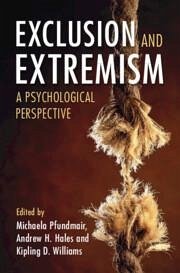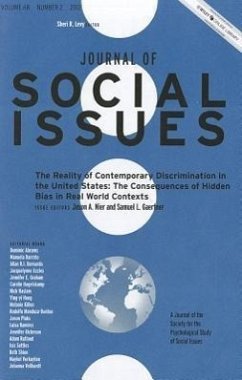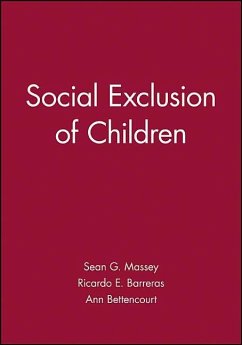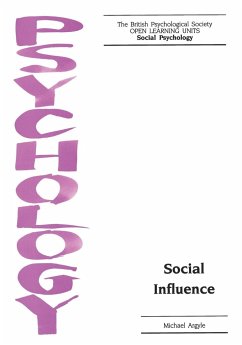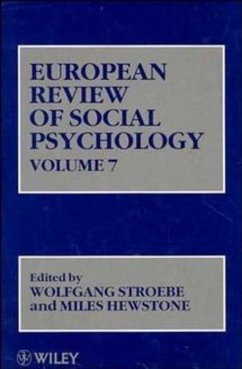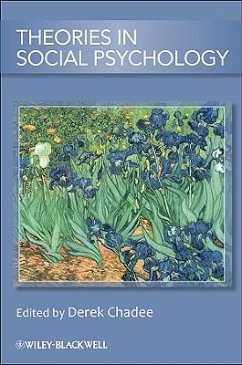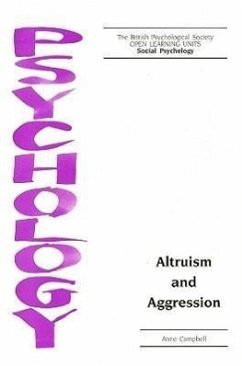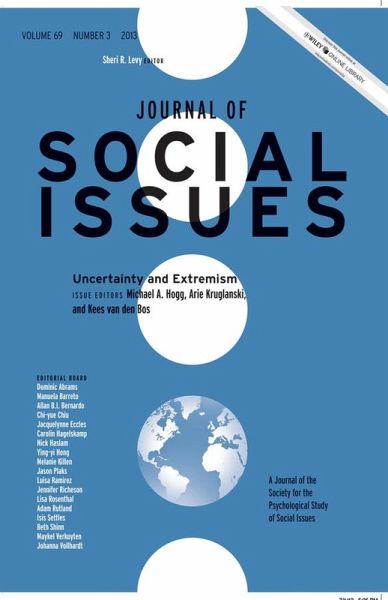
Uncertainty and Extremism
Versandkostenfrei!
Versandfertig in über 4 Wochen
33,99 €
inkl. MwSt.

PAYBACK Punkte
17 °P sammeln!
Extremism in society is the source of enormous human suffering and represents a significant social problem. This issue of the Journal of Social Issues assembles a set of 11 empirical and theoretical articles from leading social psychologists to examine the psychological relationship between uncertainty and extremism. The key question that is examined is whether, to what extent and in what fashion do feelings of uncertainty lead people to behave individually or collectively in ways that can be considered extremist - does uncertainty play a causal role in zealotry, fundamentalism, attitudinal ri...
Extremism in society is the source of enormous human suffering and represents a significant social problem. This issue of the Journal of Social Issues assembles a set of 11 empirical and theoretical articles from leading social psychologists to examine the psychological relationship between uncertainty and extremism. The key question that is examined is whether, to what extent and in what fashion do feelings of uncertainty lead people to behave individually or collectively in ways that can be considered extremist - does uncertainty play a causal role in zealotry, fundamentalism, attitudinal rigidity, ideological orthodoxy, intolerance of dissent, violent social disruption, authoritarian leadership, and so forth.



